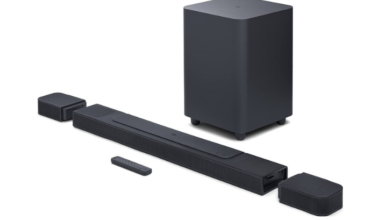Toyota is one of the largest car manufacturers in the world and it wants to maintain its place in the coming years. Meanwhile, India is all set to become an all-electric car market by 2030 and all the manufacturers are trying to be on the forefront of that initiative. Most manufacturers have announced their plans for electric cars and Toyota too has partnered with India’s largest manufacturer Maruti Suzuki to develop electric cars in India.
Toyota Partners with Panasonic for electric cars in India:
Toyota has partnered with Panasonic for the supply of batteries in electric cars in India and other markets like China and US. Panasonic has already been supplying batteries for Toyota’s hybrid cars and now will develop batteries for company’s all-electric vehicles. The company said that it is looking to launch the first set of electric cars in India by 2020 and as much as 10 new cars will be launched in early 2020 in global markets.
The main focus for Toyota will be China which is the largest EV car market in the world but India too is bound to get some attention by the company which is going through a major change. The company claims that each car in Toyota and Lexus line up will have its own version of the electric car in India. The first Toyota electric car will be a hatchback which will reportedly to roll out from Maruti’s plant in Gujrat.
Also Read: Ford India Sales
Other Manufacturers in the Race with Toyota
Toyota has partnered with country’s largest car manufacturer Maruti Suzuki for jointly developing electric cars in India. Other home grown manufacturers like Tata Motors and Mahindra have rolled out their first of EVs but Tata is not yet selling them to the public. Hyundai on the other hand will be bringing its IONIQ brand of cars all the way from Korea to cater to the Indian market.
Meanwhile, apart from a few hybrids, Mahindra’s e20 Plus, e-Verito, and e-Supro are the only fully electric cars in India. This number for Mahindra will increase since the electric versions of the Scorpio, XUV Aero, and KUV 100 are in the pipeline and might be launched in early 2018.






